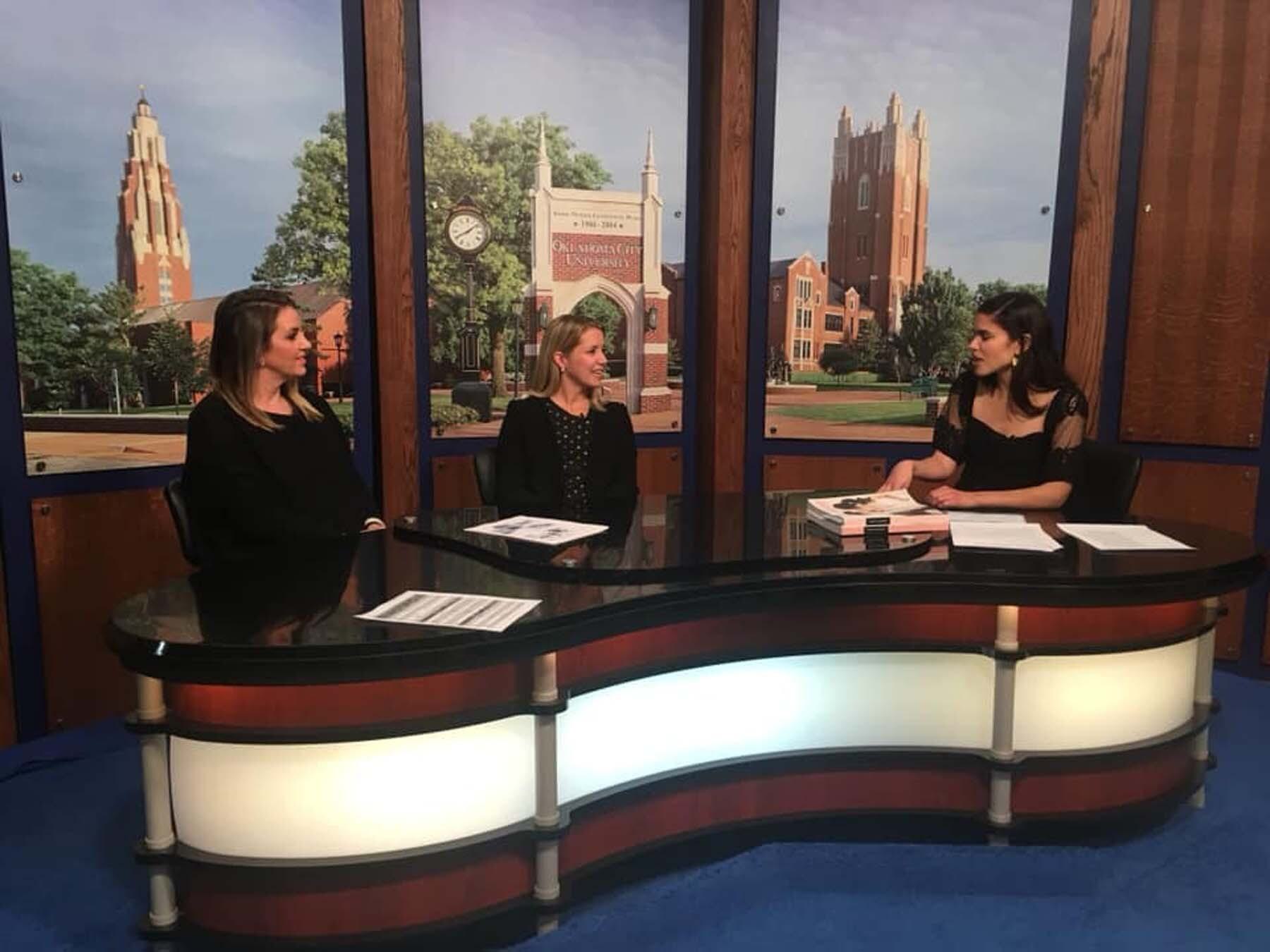

You can unlock the power of persuasive storytelling and strategic influence in Oklahoma City University’s Strategic Communications degree program.
Let our experienced faculty blend theory with hands-on experience, preparing you for dynamic careers in public relations, advertising, and digital media. Dive into cutting-edge coursework that fosters creativity and critical thinking. OCU's intimate class sizes and collaborative environment empower students to develop a versatile skill set, including media production, digital strategy, and effective messaging.
Join us to harness the art and science of communication, gaining a competitive edge in a rapidly evolving media landscape."
Multimedia Journalism & Broadcast Production
Major Requirements Credit Hours: 40-42
Required Mass Communication Courses 21
Additional Requirements 19-21
Faculty members share their diverse professional backgrounds including advertising, news broadcasting, corporate and commercial video, marketing research, newspaper publishing, public relations, and sports journalism.
Depending on your major, you will get to:
• Have hand-on training and experience starting your first semester;
• Learn practical skills (research, writing, editing, production) needed for success in today’s multimedia environment;
• Create strategic communications campaigns for local, national, and global brands
• Develop social media campaigns for clients;
• Write, shoot, and edit videos, documentaries, and commercials;
• Manage crisis communications for businesses and host press conferences to improve media relations skills;
• Learn ethical codes and guidelines from professional organizations;
• Have opportunities to experience industry first-hand through internships, guest professionals, and on-campus student professional positions;
• Use modern industry equipment, tools, and learning spaces;
• Enjoy small class sizes with faculty who become your colleagues; and
• Train in a high-demand industry.
